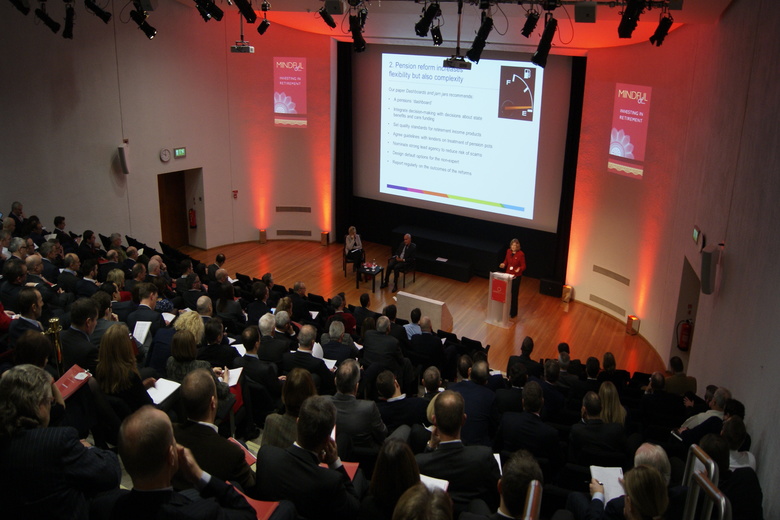

Expert: Michael Joynson, Invesco Perpetual
Moderator: Ian Wilkins
Expert Perspective
- The relationship between risk and reward is dynamic and changes over time. Post GFC equities were still risky although they had fallen significantly
- Gains have been strong post GFC across most asset classes. Equities have performed well considering the low earnings growth delivered (based in part on an expectation that earnings growth would come through). The current yield on fixed income is currently very low in both real and nominal terms
- Is the low growth, low inflation environment we have become used to in recent years about to change? Can we expect growth, stagflation or an inflationary (some growth, some inflation) environment going forward?
- Historical analysis shows that the current yield on Gilts is strongly correlated with actual future returns and that the 12 month trailing PE of equities is a good guide to future equity returns. Current Gilt yields and equity PE’s both suggest a low rate of return going forward
- The level of fee’s (investment, advice and platform) are material in a low-return environment
- In balanced equity/bond portfolio’s fixed income has historically acted as a portfolio shock absorber when equity markets fall (compensating for approximately 70% of the equity market decline)
- Given the current market valuation of fixed income, such a compensatory effect is highly unlikely. Feedback from this same session recently held for Wealth Managers and Private Banks showed that this was recognised, with some organisations choosing to hold higher levels of cash in lieu of fixed income
Adviser Perspectives
- What should the cautious investor do (an inflation shock could both cause fixed income and equities to sell off)?
- Managing downside risk is paramount as cautious investors are more concerned about absolute loss of capital than they are about relative performance.
- In a low return environment some advisers may be tempted to seek out unregulated investments in pursuit of higher return potential. Unregulated schemes have been recognised by the FCA as a problem area.
- Buy-to-let changes are negative for private landlords, although there was a mixed opinion on the degree to which such investments will continue to prove attractive to private investors.
- Investments generating an attractive level of income are hard to find (to a degree the relative level of income available from equities over fixed income has helped push equity valuations higher)
- Asset allocation and a long-term investment horizon is key. Client messaging is also very important in encouraging appropriate actions (especially at times of heightened market volatility).
- Traditional mainstream asset classes are favoured over exotic asset classes.
- There is now sufficient choice to allow Ethical portfolio’s to be constructed with good levels of diversification. Clients who desire such portfolio’s are more engaged and are primarily concerned with the ESG/SRI aspect of their portfolios rather than performance.
- There has been a trend amongst smaller clients post Pensions Freedom reforms to take their entire pension fund in cash. Would a 30 day cooling off period help to prevent some pension savers making a rash decision with their pension savings?
- Have the excesses that have built up in the world economy been addressed? The world has too much outstanding debt.


